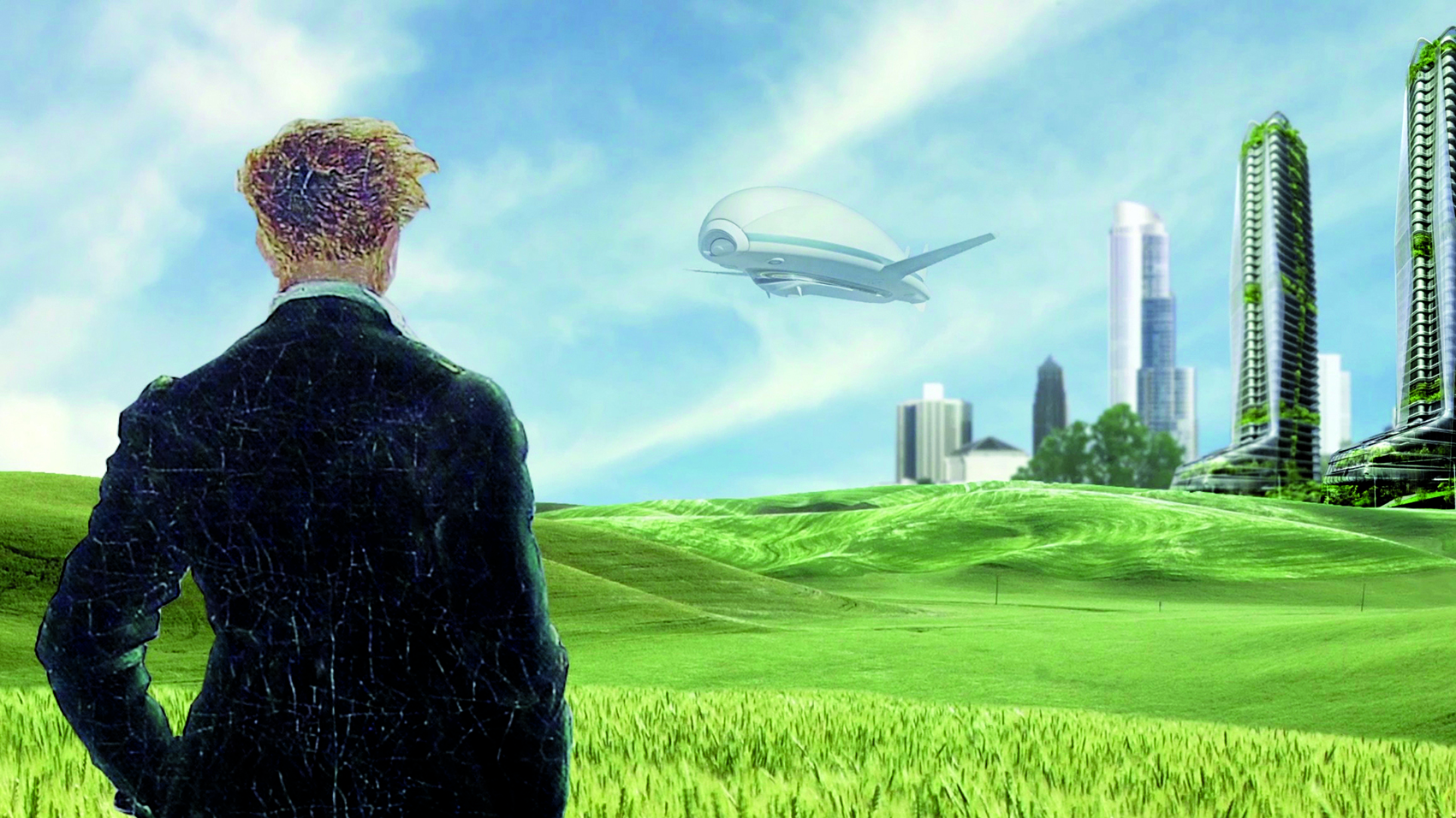Published: Tuesday November 07 2017Stephen Barber digs into the foundations of sustainable investment.Humans are not, by nature, very sustainable. We collapse and dissolve all too soon.It’s because life is so desperately brief for all of us that a capacity to think and act sustainably is such a daunting task – yet, when achieved, it is also a deeply impressive concept. Housed in fragile bodies, daily subject to short-term appetites, we are sometimes nevertheless capable of identifying with projects that will persist beyond our mortal bodies.One of the best known instances of sustainable thinking emerged in Renaissance Florence, where the ruling Medici family worked to remake their city into the beautiful piece of civic architecture it is today. Crucially, the Medici did not want to build
Topics:
Perspectives Pictet considers the following as important: Financial Time supplement, In Conversation With, Pictet FT supplement, Pictet Responsible Investing
This could be interesting, too:
Perspectives Pictet writes House View, October 2020
Perspectives Pictet writes Weekly View – Reality check
Perspectives Pictet writes Exceptional Swiss hospitality and haute cuisine
Jessica Martin writes On the ground in over 80 countries – neutral, impartial and independent
Stephen Barber digs into the foundations of sustainable investment.
Humans are not, by nature, very sustainable. We collapse and dissolve all too soon.
It’s because life is so desperately brief for all of us that a capacity to think and act sustainably is such a daunting task – yet, when achieved, it is also a deeply impressive concept. Housed in fragile bodies, daily subject to short-term appetites, we are sometimes nevertheless capable of identifying with projects that will persist beyond our mortal bodies.
One of the best known instances of sustainable thinking emerged in Renaissance Florence, where the ruling Medici family worked to remake their city into the beautiful piece of civic architecture it is today. Crucially, the Medici did not want to build just one or two nice buildings for themselves and their equally affluent friends; as socially responsible bankers, they wanted to make their city beautiful for everyone.
In this spirit, the Medici built not only cathedrals and palaces but also beautiful public squares. They commissioned and sponsored great works of art which inspired people to think in new ways, collected vast libraries and even built a philosophical academy. These bankers were willing to take strategic and patient risks with their investments by sponsoring and popularising the development of new scientific ideas and the latest technological inventions.
In many ways, the Medici were the science-fiction visionaries of their time. That’s part of what investment always is: the underwriting of a particular vision of the future. Many of their projects revolutionised the world they lived in while others changed the world much later.

Today’s Medici are thinking in the same way. They consider what people 500 years from now will need and ask, what kind of cities they’ll want to live in, what kind of planet they’ll live on and what kind of technology they’ll use. This is what it means to have a genuinely long-term view.
It’s a tricky thing, of course, to think long term; human beings in general are notorious for being selfish, throwaway and trivial. But we can, sometimes, transcend the short-term. It starts with a better understanding of responsibility.
Companies and governments are always reminding us of our responsibilities. They surround us with rules and commands. That’s what being responsible can sometimes be confused with: obedience. But real adult responsibility has nothing to do with obedience to legal requirements. Proper responsibility means taking on things that you’re not technically accountable for. It means taking on board things that are not directly in your narrow, personal sphere. Sustainable thinking is about ‘species responsibility’ rather than ‘individual responsibility’.
Time will go on for us even when our own months and years run out, through the investments we’ve made in the future of others. Our responsibility toward future generations is where we make our greatest and most important contribution. That is what it really means to think sustainably — to live with a deeper understanding of responsibility, and a wider perspective on time.
Stephen Barber is Head of Group Communications of the Pictet Group.
